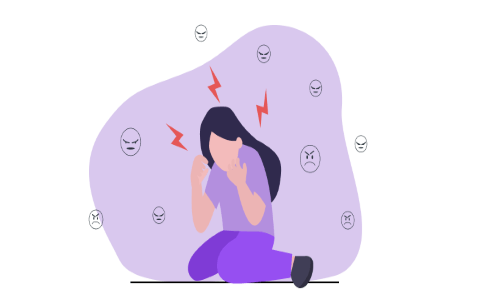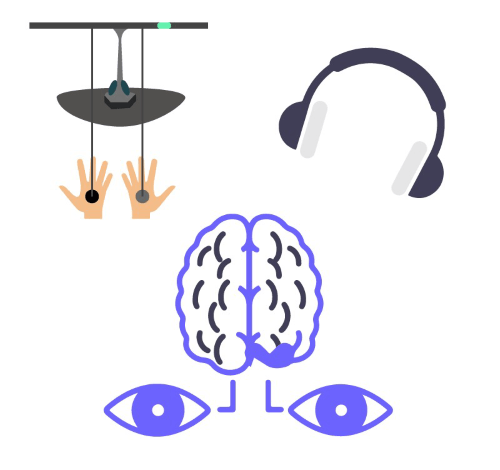
Borderline Personality Disorder: Breakthrough Tools for the “Untreatable”
Open to access this content

Open to access this content

Open to access this content

Open to access this content

Open to access this content

Open to access this content